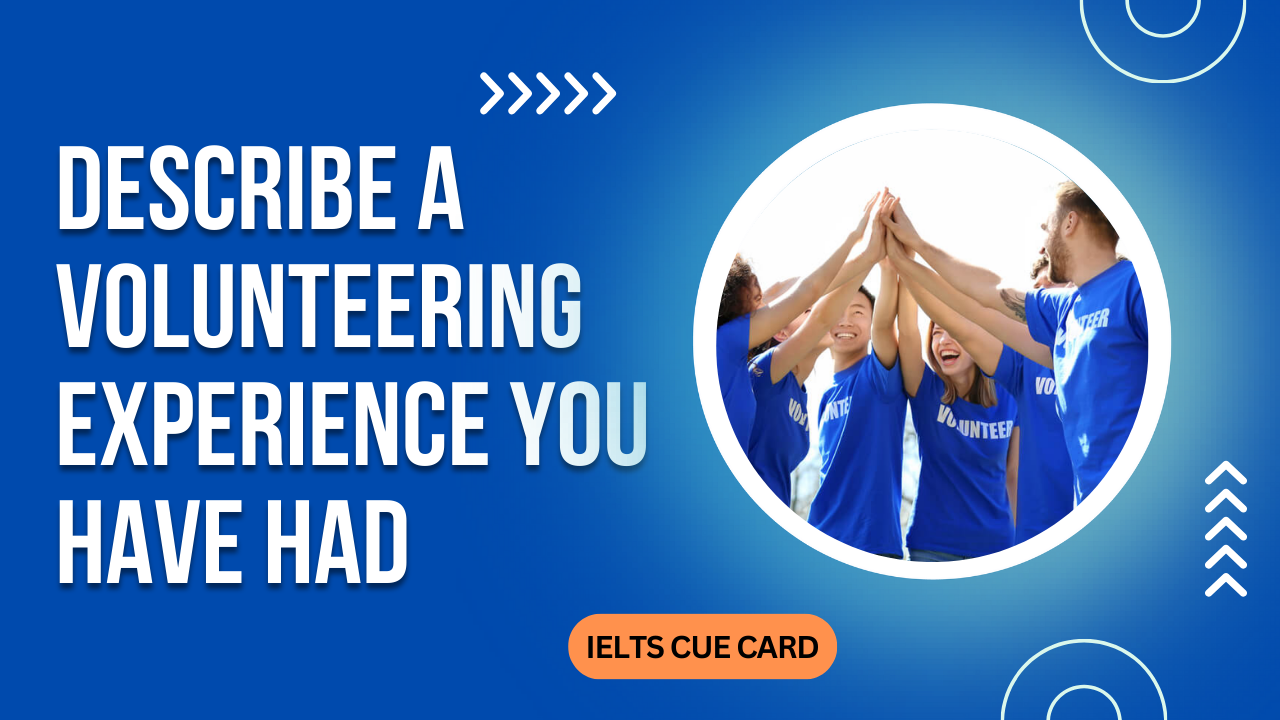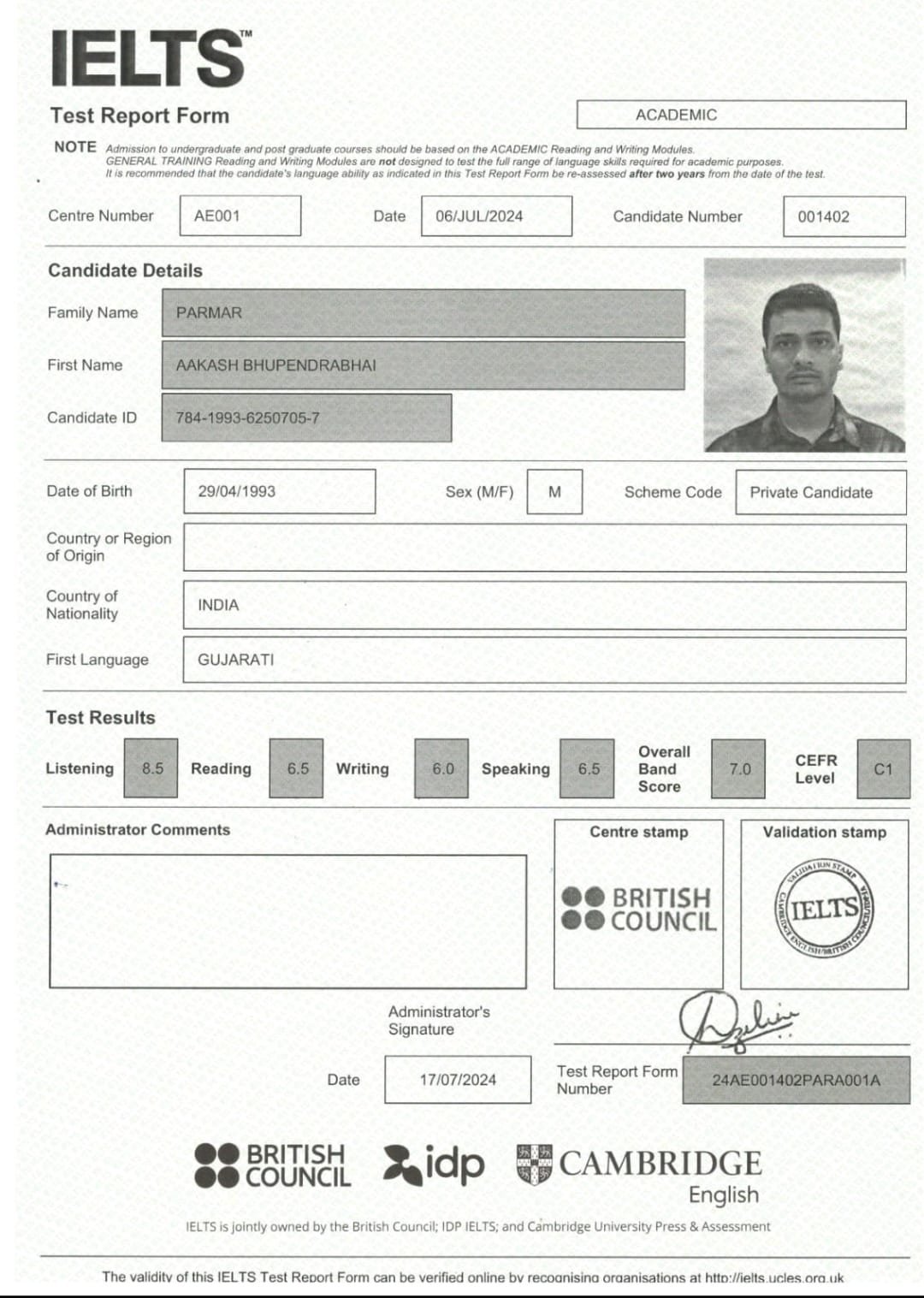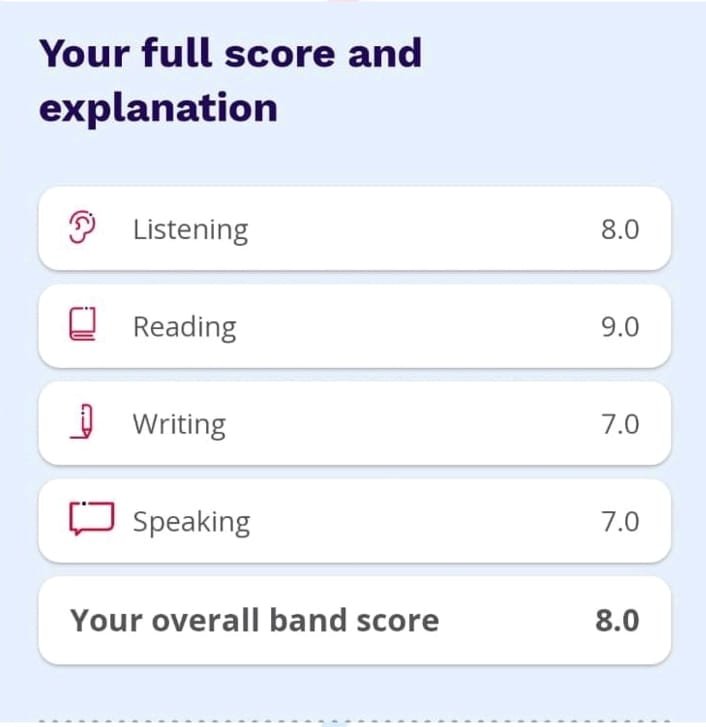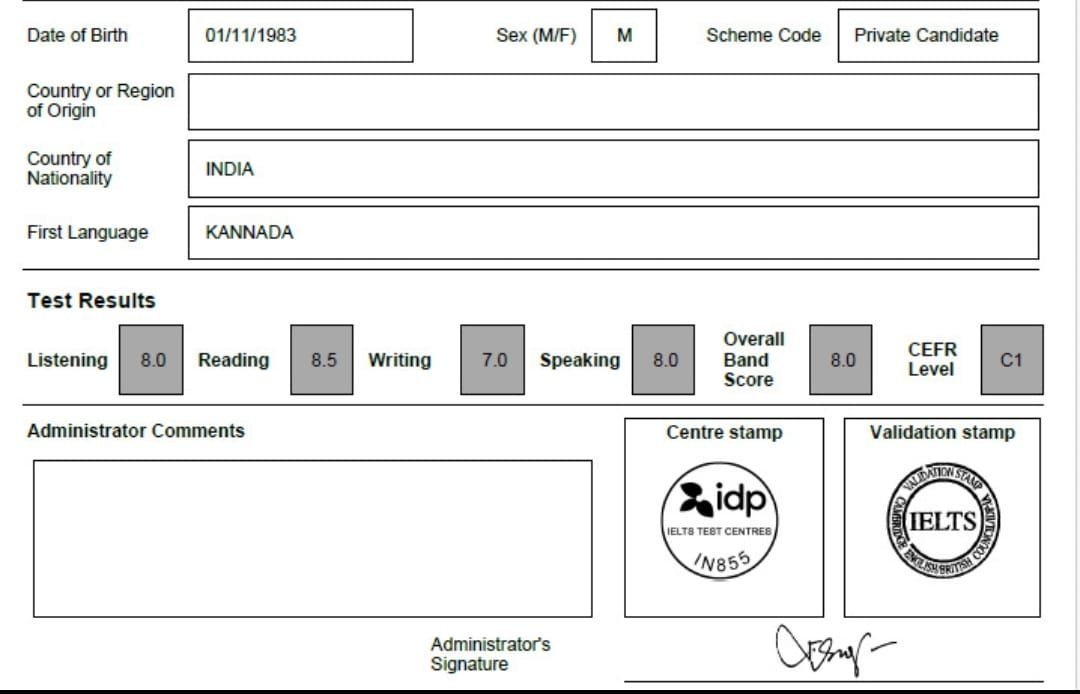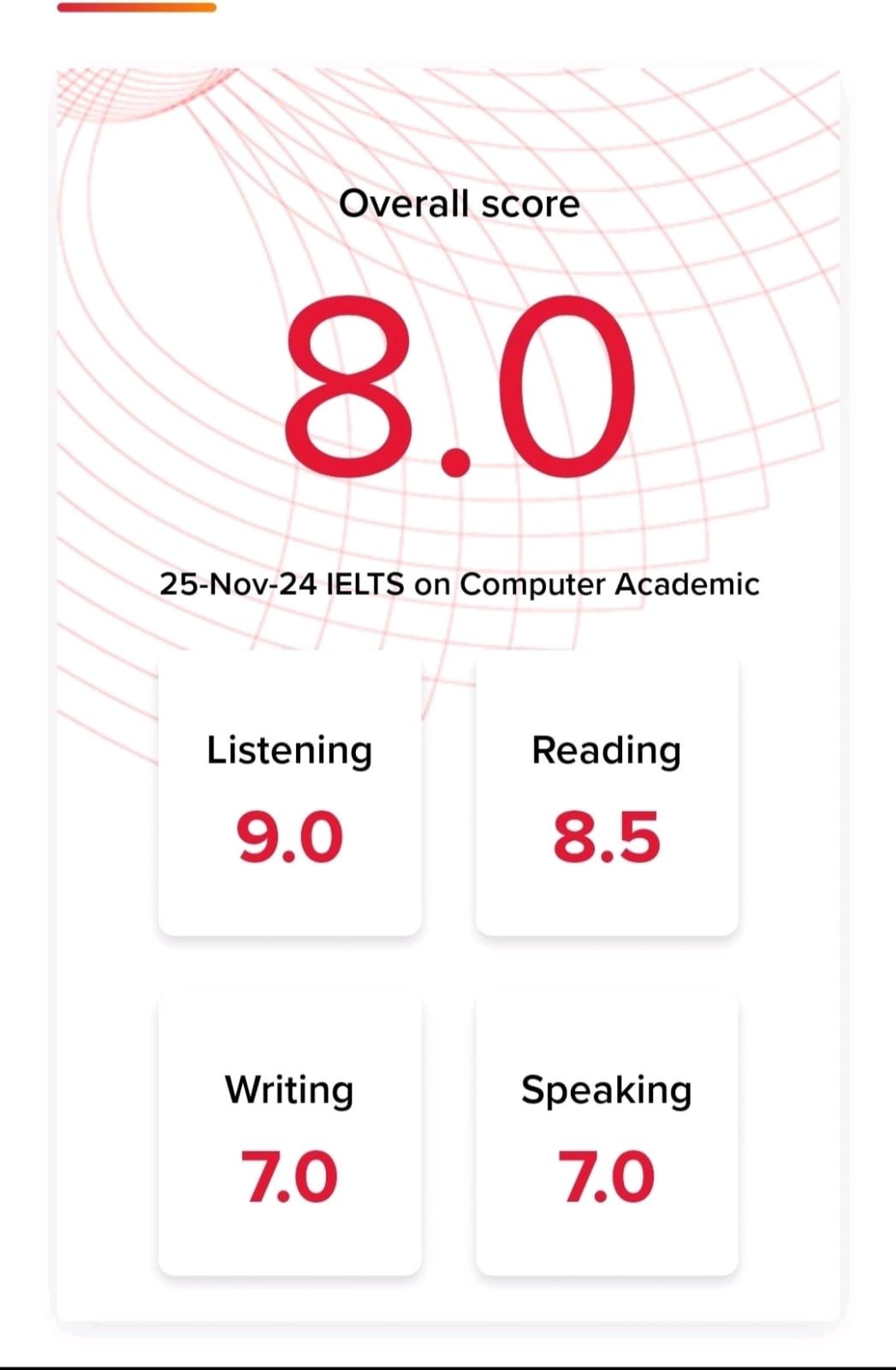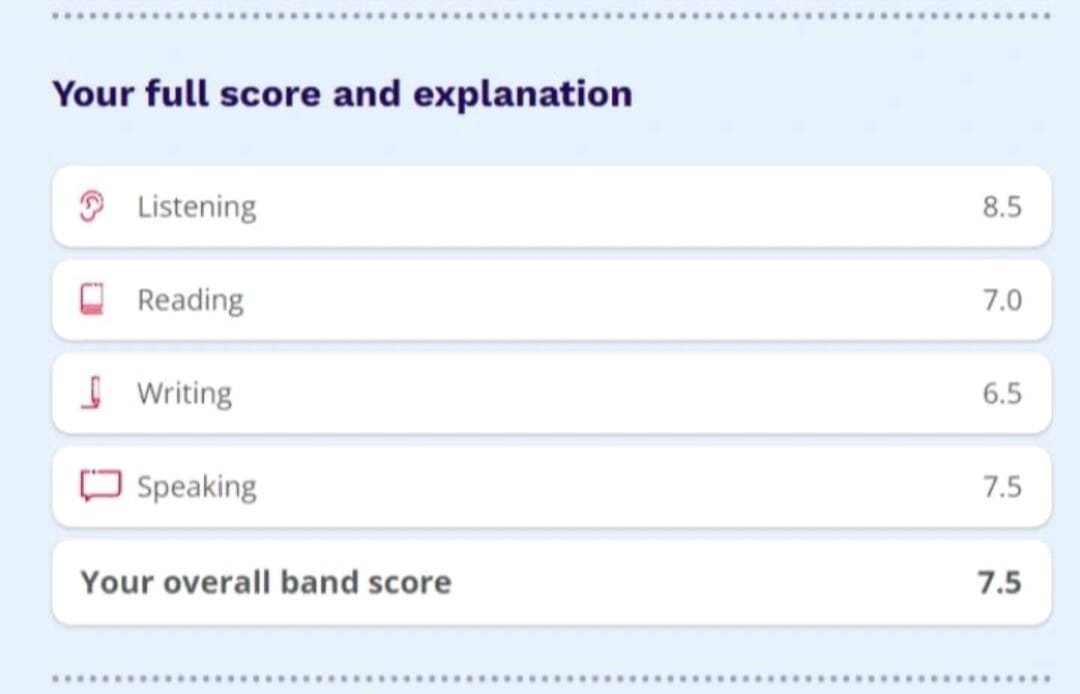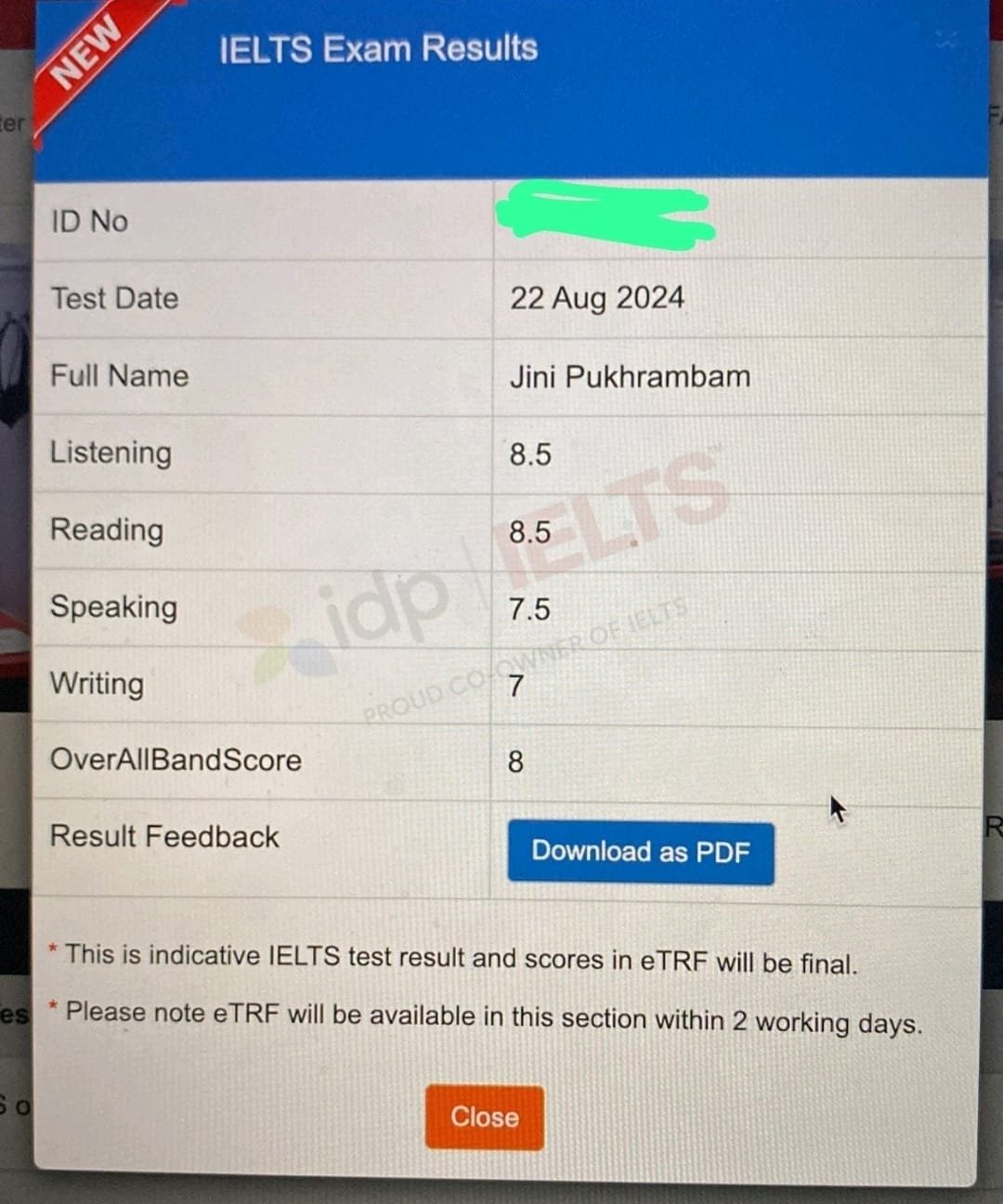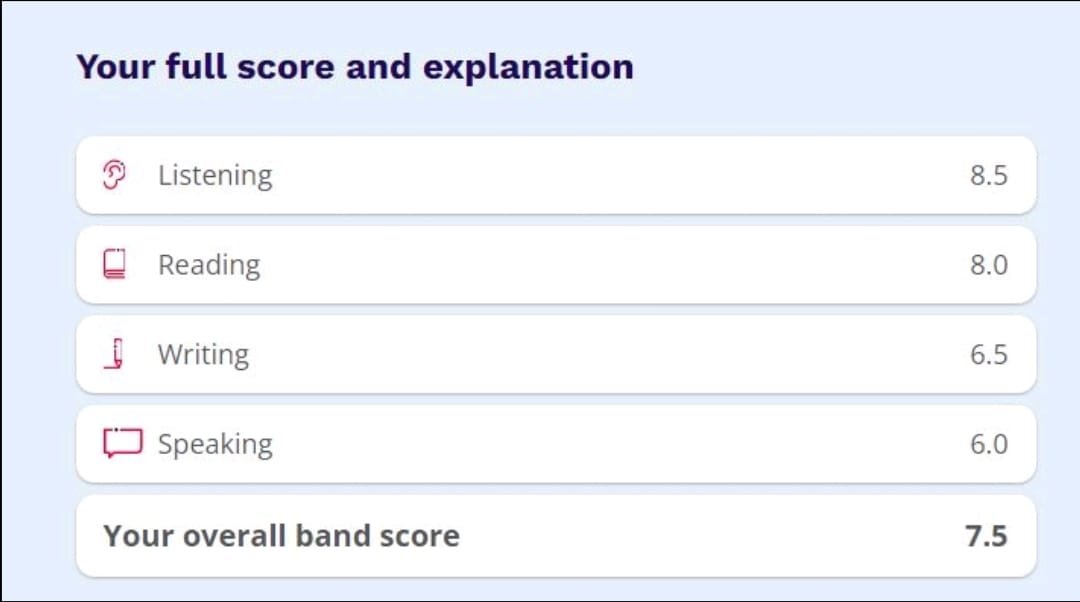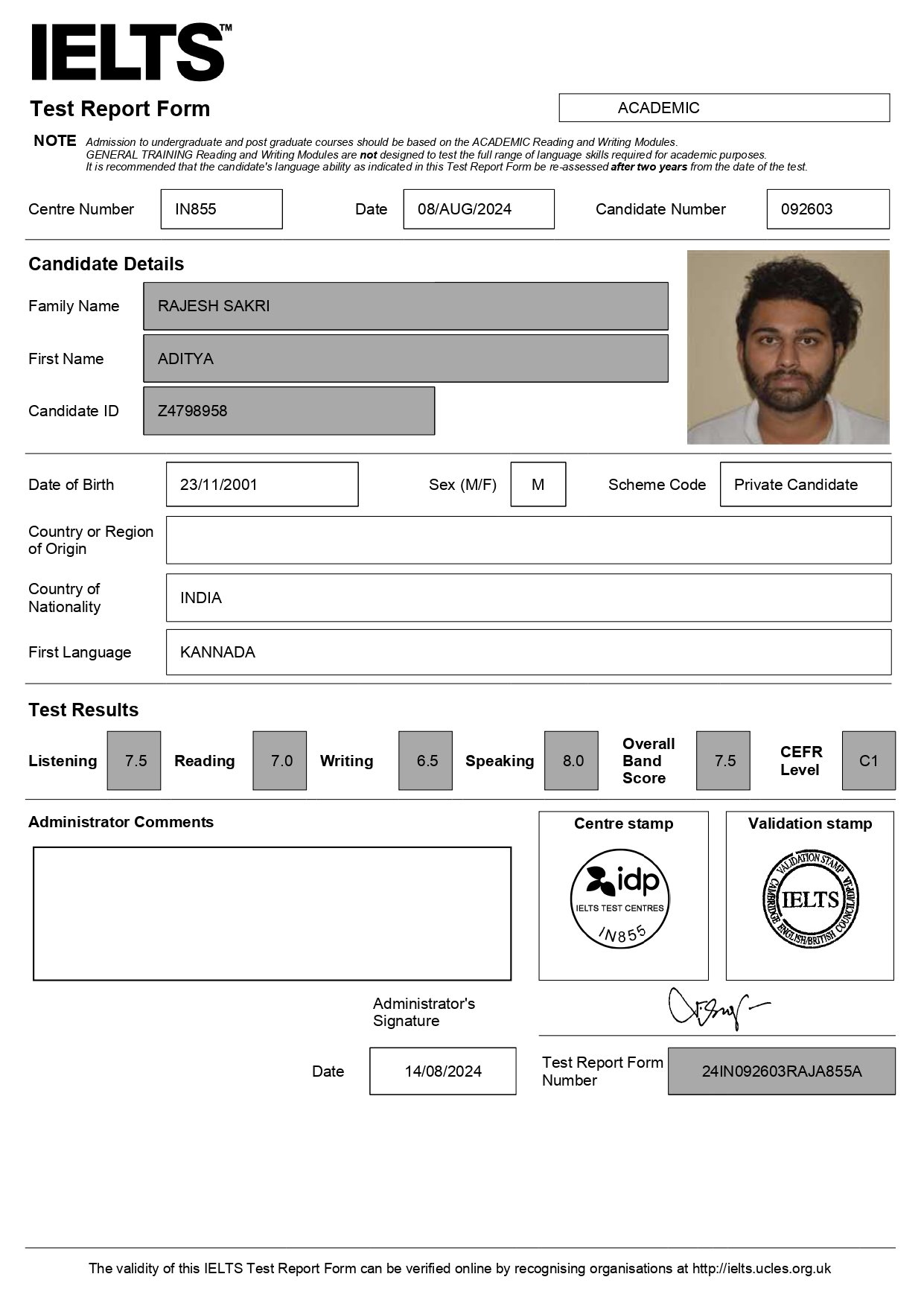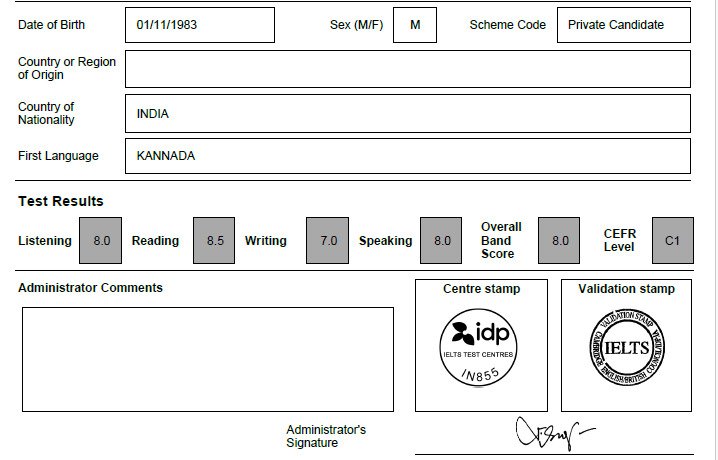
IELTS Speaking Test: can ask anything such as Describe an unforgettable personal experience ( for example while you were volunteering or helping other people). IELTS Cue Card for IELTS Speaking: Describe a Volunteering Experience You Have Had that would allow you to showcase vocabulary specific to community service, skills acquired, and personal growth. Here is a guide to help you answer this question effectively, including sample responses, vocabulary, and structure.
IELTS Speaking Part 2 - Cue Card
IELTS Speaking Part 2 or cue card task in which we have cue card discussed for about than around three to four minutes. When you land on the cue card topic, have 1 minute to prepare. The following responses will give you the idea of how to talk in multiple opinions about this topic of “Describe a volunteering experience you have had”.
You should say:
- What it was?
- Where was it?
- Why did you volunteer?
- How did you feel about it?
Answer Example #1: Describe a Volunteering Experience You Have Had
Introduction:
I would say that one of the best experiences I have had was when volunteered for a weekend literacy program for disadvantaged children in my local community center. I wanted to volunteer with this program in order to give back and help close the education gap.
Reason for Volunteering:
I have always believed in education and its power to change the course of your life. I found out that this program was looking for volunteers who could teach children how to read and write basic education. But I thought this could be an opportunity to motivate young minds and help them secure a bright future. I wanted to see if I could handle kids who are not like me and work on my communication with them.
The Experience and Tasks:
The program was held on weekends and each volunteer has about 20 kids. This involved reading to them in English, creating fun language games, and assisting with basic grammar/spelling exercises. The children were so excited — even the ones who could not read well had a great curiosity. I vividly remember. With my love for creativity, I even developed strategic tactics [storytelling sessions] to learn things in a fun way.
Feelings and Impact:
Overall it was a very rewarding process. I loved watching children’s faces light up when they figured out the new words in their books or were able to read a whole sentence with confidence. I was happy knowing that I had a reason to get up from my desk and of course, witnessing their little faces change not only in grades but also through self-esteem. The realization that a few hours of my weekend could change the course of these kids lives genuinely humbled me and inspired me so I kept babysitting.
Vocabulary Words:
- Literacy – The capacity to read and write.
- Curiosity – A strong wish to learn or know something.
- Storytelling – The art of conveying events through narrative.
- Self-esteem – Confidence in one’s worth or abilities.
Answer Example #2: Describe a Volunteering Experience You Have Had
Introduction:
One of my favorite volunteering experiences was planting trees in a park nearby town. Organizers are an environmental non-governmental party willing to raise the green in our concrete jungle and fight pollution. I wanted to volunteer for this project because my concern number one was environmental preservation.
Reason for Volunteering:
I have always felt a deep relationship with nature and am worried about global warming and mass deforestation. So one day when I found out about a tree-planting opportunity, I thought it was the perfect way to contribute. I wanted to feel like I was doing something, that too in an attempt to clean and green the city especially considering how polluted one’s dirt has become.
The Experience and Tasks:
It took place over the weekend. Every volunteer was allocated a small area of the park to plant saplings. My tasks were digging holes, planting young trees, and mulching on topsoil. I worked with other volunteers. We were educated on the advantages of the specific tree species that we were planting. They taught us the importance of keeping biodiversity and how small things can make a difference over time.
Feelings and Impact:
Participating in the event gave me an enormous sense of accomplishment. Knowing that my efforts will eventually lead to cleaner air for future generations and a greener environment made me feel very proud. At one glance, I saw thousands of rows of newly planted trees, and I began to feel optimistic and involved with the cause. Participating in this experience, really made me much more aware of all the problems going on in the world concerning the environment and, more importantly, motivated me to take more action with my daily life, conserving water and reducing waste.
Conclusion:
This volunteering made me realize how important our planet is and how imperative it is to make sustainable choices. It also highlights the power of community working towards a cause, they gave me an opportunity during the event to volunteer and participate in the tree planting, which was really rich and permanently changed me.
Vocabulary Words:
- Mass deforestation– Mass removal of trees, where biodiversity and habitats are usually destroyed.
- Concrete jungle -When it has a lot of building density and less greenery.
- Saplings -Any plants that are planted by a nursery when they are barely of few years old.
- Mulching– The process of applying top-dressing material on any ground in order to obtain desirable conditions for soil fertility or to retain moisture inside soil.
- Biodiversity- refers to the diversity of plant and animal life within a specific habitat. The maintenance of ecological balance depends upon it.
- Optimistic- is hopeful and optimistic in relation to the future. This optimism is characterized by good hopes and positive outcomes.
- Sustainable choices- refer to the decisions that consider the long-term health of the environment to ensure resources for use later on.
Structure and Fluency Tips:
When you respond to an impulse cue on a personal experience:
- Talk about the overall summary and the background behind volunteering (why you needed to volunteer here).
- Identify specific functions that are associated with tasks while volunteering.
- Describe to what level of extent or detail and feelings your experience aroused.
- Conclude by discussing the overall impact on your current and future performances.
This structure and vocabulary will help you articulate your thoughts and experiences into a sensible, well-organized response.
Key Points for Preparation
- Practice storytelling for crystal clarity of organization.
- This vocabulary focuses on emotion and reflection.
- Make your descriptions and reflections brief, but very detailed.
This approach ensures one delivers a structured, impactful answer that demonstrates the ability to communicate in a thoughtful and emotionally meaningful way.
Describe a Volunteering Experience You Have Had: Follow-up Questions
Question: What qualities are required for being a volunteer?
Answer: Qualities, such as empathy, commitment, flexibility, and great communication, characterize effective volunteerism. Such qualities help a volunteer care for others through compassion and to work cohesively with others.
Question: What type of personality does a volunteer have?
Answer: Volunteers tend to possess a compassionate, proactive, selfless personality. They normally are patient, positive, and motivated by the desire to make a difference.
Question: How can companies engaging in volunteering help our society?
Answer: When companies promote volunteering, they provide precious resources to social causes, imbue a sense of responsibility among the employees, and inspire a culture of giving back to society.
Question: Do you think people nowadays should participate more in volunteering?
Answer: Yes, with the current social and environmental challenges, increased volunteering can create community ties, develop skills, and help address crucial issues while fostering personal development.
Question: How do modern technologies assist volunteers and volunteering experiences?
Answer: Technology opens volunteer opportunities virtually, it links volunteers to a cause and promotes causes, hence, volunteering is reachable and impactful.
Question: What are the benefits of volunteering?
Answer: Volunteering enhances personal development, mental well-being, and valuable skills. Communities appreciate the volunteer efforts to be of crucial support, filling in the gaps concerning the social needs and establishing unity.
Finally, you may use the following sample answers to exercise yourself to answer and do well in cue card topics on IELTS speaking. And you now know how you would answer your IELTS speaking test that asks you to “Describe a volunteering experience you have had.“

